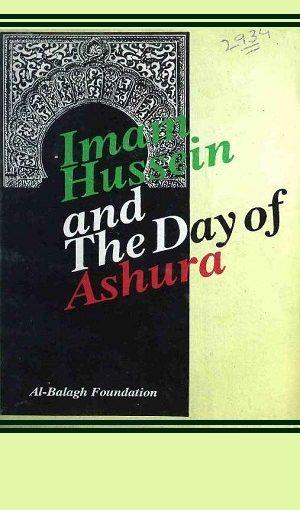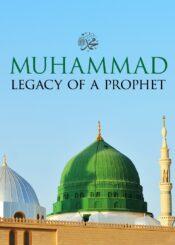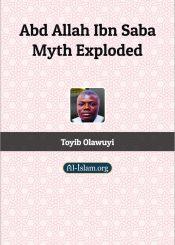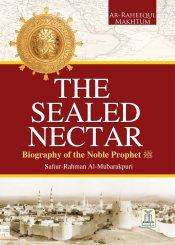Imam Hussein(a.s) and the Day of Ashura

Imam Hussein(a.s) and the Day of Ashura
Author :
Publisher :
Publication year :
1992
Publish number :
Second
Number of volumes :
1
(0 Votes)

(0 Votes)
Imam Hussein(a.s) and the Day of Ashura
The tragedy of Karbalāʾ stands as one of the most defining moments in Islamic history — a day when truth and falsehood were laid bare. Imam Ḥusayn Ibn ʿAlī (ʿa, an honorific meaning ʿalayhi al-salām — “peace be upon him”) rose not in isolation but as the continuation of the moral mission begun by his brother, Imam Ḥasan (ʿa). Together, they represent two forms of divine resistance: Imam Ḥasan’s (ʿa) peace safeguarded Islam from disunity, and Imam Ḥusayn’s (ʿa) sacrifice renewed its spirit through martyrdom.
About the Book
Imam Hussein (a.s) and the Day of Ashura, published by Ansariyan Publications (Qom, Iran), provides a clear and comprehensive account of the events leading up to, during, and after the Day of ʿĀshūrāʾ (the 10th of Muḥarram, the day of Imam Ḥusayn’s martyrdom). The author draws upon historical chronicles and ḥadīth to explain how Imam Ḥusayn’s (ʿa) stand was not simply a political revolt but a divine call for justice (ʿadl) and reform (iṣlāḥ).
It also reflects on Imam Ḥasan’s (ʿa) earlier efforts to protect the faith through diplomacy, showing how both brothers’ approaches complemented one another in the preservation of Islam’s essence. The narrative explores themes of sacrifice (qurbān), truth (ḥaqq), and steadfastness (ṣabr), offering readers both historical depth and spiritual reflection.
What You Will Discover
- The historical sequence of events surrounding the Day of ʿĀshūrāʾ.
- Imam Ḥusayn’s (ʿa) motives and moral objectives in his uprising.
- The link between Imam Ḥasan’s (ʿa) peace and Imam Ḥusayn’s (ʿa) revolution.
- The universal lessons of justice (ʿadl), reform (iṣlāḥ), and sacrifice (qurbān).
- The lasting impact of Karbalāʾ on Islamic spirituality and human conscience.
About the Author
This work, compiled by scholars of Ansariyan Publications, integrates classical Shīʿī sources such as al-Luhūf and Biḥār al-Anwār. The editors provide an objective, scholarly perspective that situates the tragedy of Karbalāʾ within its theological and ethical dimensions, illustrating how the sacrifices of the Prophet’s family continue to shape Muslim identity and faith.
Who Is This Book For?
This book is for readers seeking an authentic and comprehensive understanding of Imam Ḥusayn’s (ʿa) stand at Karbalāʾ — and how it fulfills the legacy of Imam Ḥasan (ʿa). It is ideal for students of Islamic history, ethics, and the teachings of the Ahl al-Bayt (ʿa, an honorific meaning ʿalayhim al-salām — “peace be upon them”).






